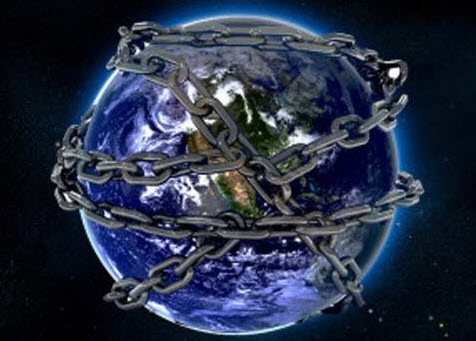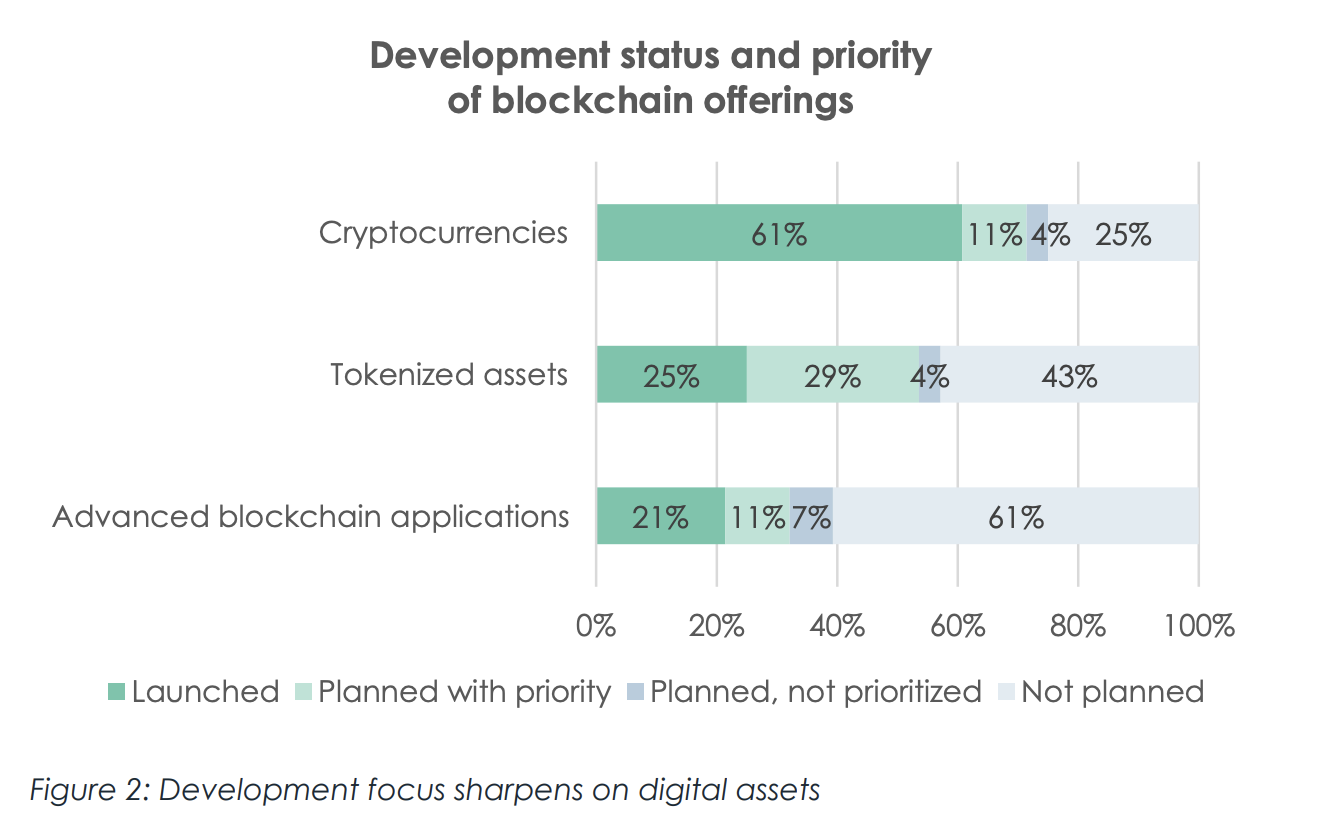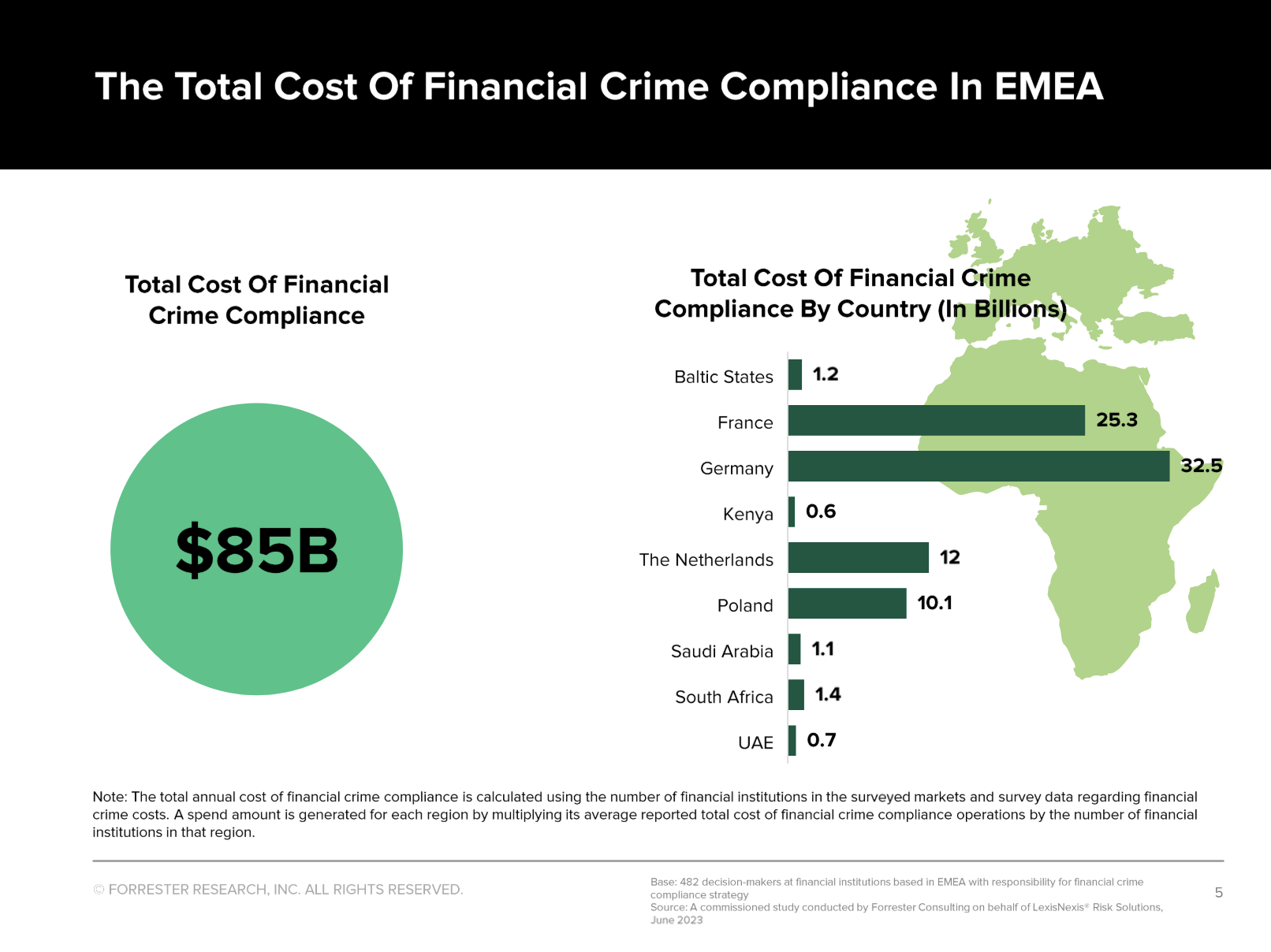Politicians around the world are working hard to build this emerging prison planet. But it’s still possible to escape.
We recently released a video to show you how. Click here to watch it now.
If you’ve never heard of the Foreign Account Tax Compliance Act (FATCA), you’re not alone.
Few people have, and even fewer fully grasp the terrible things it foreshadows.
FATCA is a U.S. law that forces every financial institution in the world to give the IRS information about its American clients. Complying with it is a huge financial and administrative burden, measured in hundreds of billions of dollars. It’s a paper shuffler’s dream come true.
FATCA is the reason the vast majority of banks, brokerages, and other financial institutions outside of the U.S. shun American clients.
I was just in Singapore, which has one of the soundest banking systems in the world. I can personally attest that banks there treat potential American clients as radioactive liabilities to be avoided.
This is how FATCA makes it much more difficult to move money outside of the U.S. Combined with other costly, extraterritorial U.S. regulations, the law amounts to de facto capital controls.
It’s no surprise so few people understand FATCA. Governments and institutions often give their most dangerous laws and schemes dull and opaque names to cloud their true purposes.
The Federal Reserve is an excellent example of this. After two central banking experiments failed to take root in the 1800s, anything associated with a central bank became deeply unpopular with the public. So, central bank advocates tried a fresh branding strategy.
Rather than call their new central bank the Third Bank of the United States (the previous two were named the First and Second Bank of the United States, respectively), they gave it a vague and boring name to hide it in plain sight from the average person. They named it the Federal Reserve.
Unfortunately, these smoke and mirrors worked pretty well. Nearly 100 years later, most Americans don’t have the slightest clue what the Federal Reserve is, what it does, or how it affects them.
I think the same dynamic is at work with FATCA.
Ostensibly, FATCA is about cracking down on offshore tax evasion. But I think the U.S. government has another, more sinister motive.
Let’s peel back the layers of this onion…
FATCA should bring in around $900 million per year, on average, and that’s an optimistic estimate. However, $900 million would only be a drop in the bucket (around 0.2%) next to the federal government’s $438 billion deficit.
Even if the U.S. moderately reduces the federal deficit, FATCA revenue would still be a small pittance in comparison.
This begs the question: Why would the U.S. government go to the enormous cost and trouble of implementing FATCA for such a relatively meager amount of money?
FATCA on Steroids
FATCA’s real purpose is not to collect money. It’s to pave the way for a global FATCA, informally known as GATCA.
You see, complying with FATCA often breaks privacy laws in other countries. To get around this, the U.S. government has negotiated bilateral agreements with pretty much every country in the world. But it’s not practical for each and every country to create its own version of FATCA and accompanying web of bilateral agreements. That would be slow and tedious.
So, the central economic planners at the G20 and OECD have devised a new “global standard” for the automatic exchange of financial information between governments. It’s called GATCA, and it’s modeled on FATCA.
In other words, bureaucrats from these supranational institutions are foisting a “FATCA on steroids” on the world.
This would have been impossible if the U.S. hadn’t cleared the path with FATCA. The G20 and OECD needed the U.S.—the sole financial superpower (for now at least)—to cram its privacy-killing measures down the throats of the rest of the world. No other country could have done it.
FATCA is only possible because the U.S. carries a big stick: the ability to refuse access to its financial system and the world’s premier reserve currency. Don’t sign up for FATCA, and your country can forget about the vast majority of international trade.
It didn’t take long for most of the world to fall in line.
When Russia and China signed on to FATCA, it became a fait accompli. There are no other meaningful countries left to resist it.
This set the stage for GATCA.
Unfortunately, GATCA will likely be an irreversible reality in the not-so-distant future. It’s also highly probably that the OECD, the G20, and other organizations will sanction or otherwise blackmail countries that don’t comply. That pressure would likely be too enormous for the vast majority of countries to bear.
In the end, this means a permanent record of every penny you have ever earned, saved, borrowed, or spent anywhere in the world will be instantly available for analysis and scrutiny by countless government agencies, regardless of any actual or suspected wrongdoing.
But wait, there’s more!
If FATCA wasn’t the end game, don’t expect GATCA to be either.
Let’s peel back the next layer of the onion.
What Comes Next
Did you really think all these governments would go through all the trouble of creating the architecture to gather all this financial data… and then just sit on it?
Of course not.
They’re going to leverage the data as much as possible. This will have terrifying consequences for the individual.
It’s no secret that advocates of big government have long fantasized about creating a global tax. Whether it’s the global carbon tax, a worldwide tax on financial transactions, or a UN tax on air and sea travel, all prior attempts haven’t really worked. The infrastructure wasn’t in place.
However, that could all change with GATCA, which could ultimately make the disturbing dream of a global tax a reality.
Bankrupt governments, like France and the UK, are also on board with GATCA. It would allow them to fleece and control their citizens more efficiently.
Strangely, you never hear financially sound countries, like Switzerland, Singapore, or Hong Kong, advocating for FATCA, GATCA, or a global tax. It’s only the failed welfare states drowning in debt. And that’s no coincidence.
Old Wine in New Bottles
The government is selling FATCA the same way it originally sold the income tax to Americans: as a measure targeted only at the “rich.”
Of course, once you give politicians an inch, they take a mile.
When the federal income tax was introduced in 1913, individuals making up to $20,000 (around $475,000 today) were only taxed at 1%. The top bracket kicked in at $500,000 (around $12 million today) with a tax rate of only 7%.
Of course, once the infrastructure was in place for the federal income tax, politicians naturally couldn’t resist ramping it up. Eventually, it snowballed into the monster we have today, which thoughtless Americans passively accept as “normal.”
Expect a similar dynamic and gradualism with FATCA, GATCA, and a global tax.
What You Can Do
The government used obscure and boring wording to conceal the true purpose of the Federal Reserve from the average American. It’s done the same thing with FATCA.
In reality, FATCA is all about setting up the architecture for a global tax.
Politicians around the world see citizens as milk cows… They merely exist to be squeezed to the last drop.
That’s why they’re so eager to kill financial privacy with FATCA and GATCA. They’re building a giant tax farm and erecting electric fences to keep the cows—and their milk—from escaping.
Welcome to the new feudalism.
Unfortunately, there’s little any individual can do to change the trajectory of this trend. You can only try to save yourself from the consequences of this stupidity.
Full story here Are you the author? Previous post See more for Next post
Tags: China,Federal Reserve,France,Hong Kong,newslettersent,Reality,reserve currency,Switzerland,Tax evasion





























